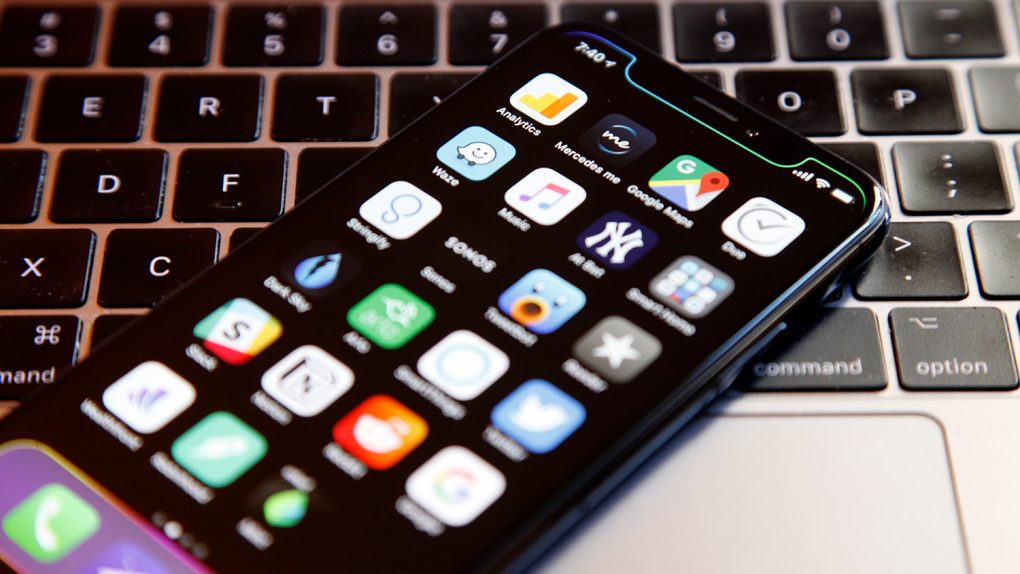Ever since Apple introduced the iPhone more than 10 years ago, everyone else in the business has copied the newcomer. We’ve been waiting for more than a decade for someone to “kill” the iPhone as has been claimed over and over, but that never happened. Instead, Apple killed the competition, including Nokia, Palm, BlackBerry, and Microsoft. Even Google’s original plan for Android became dead on arrival the minute Steve Jobs unveiled the first iPhone model, and Google retooled its mobile platform to be more like what was then called iPhone OS. The companies that survived either copied the iPhone or struggled to make any money. Just look at what’s available from that competition today and you’ll see a myriad of iPhone X clones, too many to name.
With all that in mind, I think that If anybody kills the iPhone it’ll be Apple, and it won’t be the way you think. The company will probably do it on its own terms, without any iPhone actually dying in the process — and the first sign is already here.
“I think it’s become clear to all of us that some of us are spending too much time on our devices, and we’ve tried to think through pretty deeply about how we can help that,” Tim Cook said at a Fortune event, according to MarketWatch. “Honestly, we’ve never wanted people to overuse our products.”
Yes, that’s right, the CEO of one of the biggest companies in the world, which happens to be the ultimate decision-maker on the future of smartphones, is worried its customers are spending too much time on the iPhone. Wait, isn’t that a great thing? The more time someone spends on the device or service, the more money that company makes. But Cook doesn’t feel that way about the iPhone.
“We want people to be empowered from [their phones] and do things they couldn’t do otherwise,” he said. “But if you spend all your time on your phone, then you are spending too much time.”
So what is Cook talking about? Is he merely reminding folks that iOS 12 will bring advanced tools that can help you monitor your screen time and help reduce it? Or that parents will have more control over what kids can do on iPhone or iPad? Yes, he’s alluding to all of that — those features are available right now in beta, with the final iOS 12 release set for mid-September.
But this might be a teaser of what’s to come. In all the years that Cook has piloted Apple, we’ve all noticed that the CEO doesn’t mince words when it comes to things he feels strongly about. iPhone addiction may become one of those things. And if the iPhone was Jobs’s baby, the thing that finally kills the iPhone might be Cook’s.
Like I said before, don’t think for a second that the computer in your pocket or purse is going away anytime soon, because it probably isn’t. But Apple might be working on iPhone versions that will convince you not to stare into screens for as long as you do now. The company is rumored to be creating sophisticated headsets that will deliver augmented (AR) and virtual reality (VR) experiences straight to our eyes, without needing to pull out an iPhone. The iPhone may still power everything, whether it’s in our pocket, or whether iPhone hardware is built into these glasses of the future.
Add voice computing to that scenario, and a Siri assistant that’s even smarter and can understand what you want even faster, and the iPhone’s screen time will be further reduced. You’ll still spend time on the iPhone doing what you like to do today. But everything will be a lot quicker. Rather than inputting navigation directions manually on a screen and then looking at it to find your way around, the handset could respond to a simple voice command and then overlay navigation graphics on top of the world in front of you when needed.
The same goes for all sorts of experiences that may be redefined by next-gen AR products, including social and productivity apps. The result could be the same time. Less time spent looking at a screen, as information becomes readily available to the user in other ways.
On the other hand, whatever iPhone gadget Apple creates to replace the current iPhone experience, gaming and video streaming habits aren’t going away. But hopefully those experiences will be further refined as well, in ways that would prevent us from spending all our time on iPhone.








